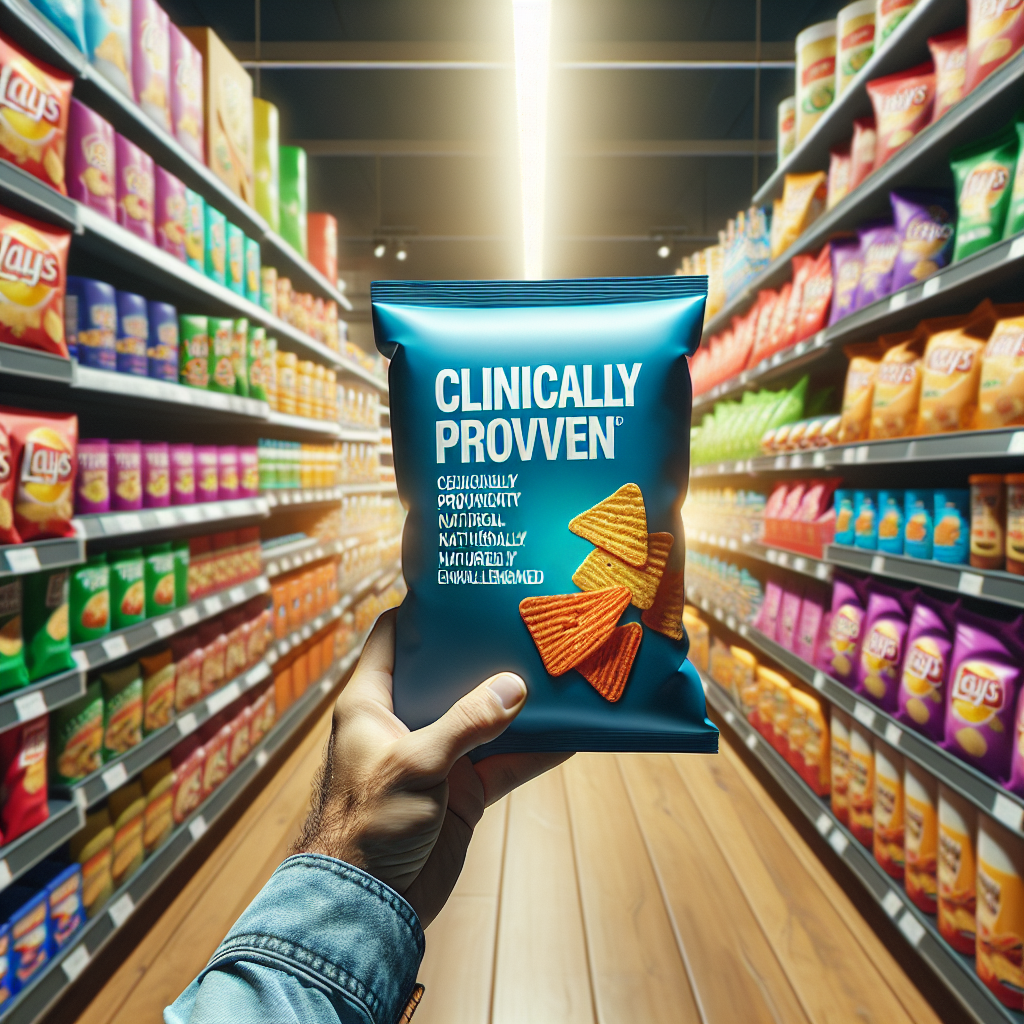
Unmasking Science-Washing: How Companies Deceptively Market Products
In today’s rapidly growing wellness industry, valued at an astounding $6.3 trillion, many companies are engaging in practices known as science-washing. This tactic involves marketing products as scientifically validated when, in reality, they lack substantial research backing. Emily Prpa, a nutrition lecturer at King’s College London and industry expert, sheds light on these strategies, helping consumers spot them effectively.
What is Science-Washing?
Science-washing occurs when companies falsely market their products as science-backed without conducting proper research. It’s a prevalent tactic as businesses aim to tap into the lucrative wellness market, which drives them to construct misleading narratives about their products’ health benefits.
Trick 1: Skipping Proper Research
The first step in evaluating a product’s credibility is to investigate whether the company conducts its own research. Frequently, companies rely on assembling existing studies to substantiate their products, instead of investing in original research.
Prpa points out a common pitfall, particularly with products like greens powders. These products often boast a mix of vitamins, minerals, and probiotics without evaluating the efficacy of the entire concoction. The problem lies in the competition among vitamins and minerals for absorption, potentially resulting in consumers not receiving the full benefits advertised.
To avoid falling prey to this tactic, look for companies that fund independent clinical trials. This information is often proudly displayed on their websites if available.
Trick 2: Flashy Endorsements
Another significant trick in science-washing involves associating a qualified professional, like a doctor, with the product. By doing so, they aim to enhance the product’s credibility in the eyes of consumers.
Prpa warns that while having a doctor endorse a product might seem reassuring, it doesn’t guarantee the product’s effectiveness. The key is to understand that you’re purchasing a product, not hiring the professional as your personal consultant.
Trick 3: Promises That Sound Too Good to Be True
When a product claims to offer solutions to multiple health issues, it’s often an indication of overpromising. Prpa emphasizes skepticism towards products or apps promising simultaneous benefits like lowering blood sugar, improving sleep, and enhancing cognitive functions.
The takeaway here is simple: if something sounds too good to be true, it probably is.
How to Protect Yourself From Science-Washing
To ensure you’re making informed decisions about the products you consume, keep these tips in mind:
- Research Thoroughly: Investigate the science behind the product. Look for independent studies and evidence rather than individual ingredient benefits.
- Question Endorsements: Be wary of endorsements by professionals unless they come with comprehensive, peer-reviewed studies to support the claims.
- Evaluate Claims Objectively: Consider whether the advertised benefits are realistic and supported by reputable scientific evidence.
- Consult Professionals: Seek advice from healthcare professionals who can provide an unbiased opinion on the product’s efficacy and safety.
Conclusion
Understanding science-washing and the tricks companies use can empower consumers to make better, more informed choices in the wellness market. By critically evaluating research, endorsements, and claims, you can steer clear of misleading products and focus on those that genuinely offer health benefits.
Stay informed, ask the right questions, and ensure your decisions are science-based, not science-washed.
Source: https://www.businessinsider.com/food-industry-nutritionist-lists-3-tricks-to-science-wash-products-2024-12

